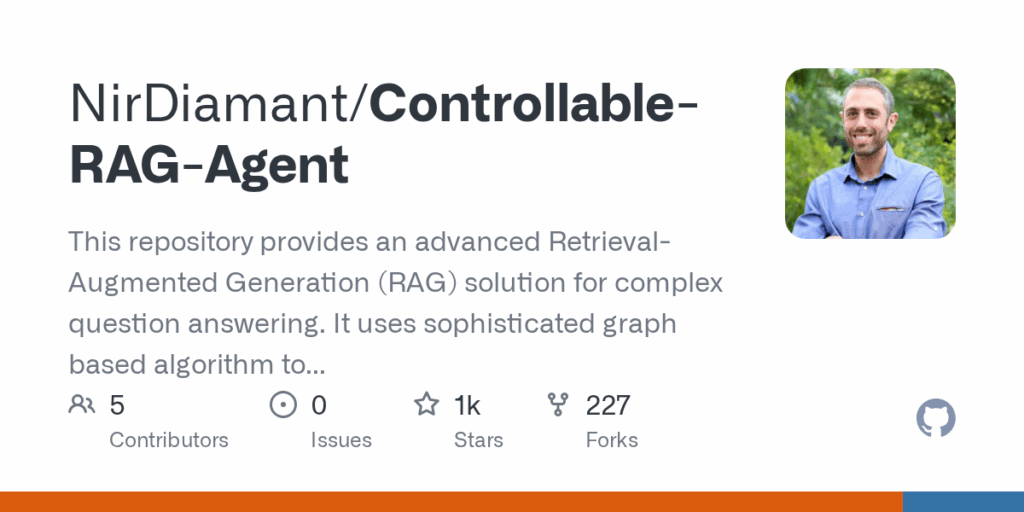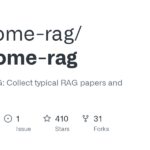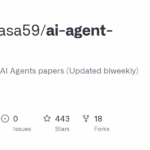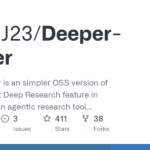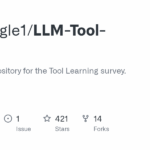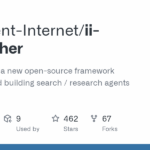Controllable RAG Agent
Basic Information
This repository provides an advanced Retrieval-Augmented Generation (RAG) agent implementation designed to solve complex, non-trivial questions from user documents that simple semantic retrieval cannot handle. It demonstrates a deterministic graph that functions as the agent's "brain" and a controllable autonomous pipeline for processing PDFs, generating chapter summaries, creating a quotes database, encoding content into vector stores, and orchestrating multi-step question answering. The project includes a step-by-step notebook, a real-time Streamlit visualization, Docker and non-Docker run instructions, and integration examples using LangChain, FAISS, and various LLM providers. It is intended as a research and demonstration repo for controlled RAG workflows, showing how to anonymize questions, plan and decompose tasks, verify grounding in source data, and evaluate outputs using Ragas metrics.

